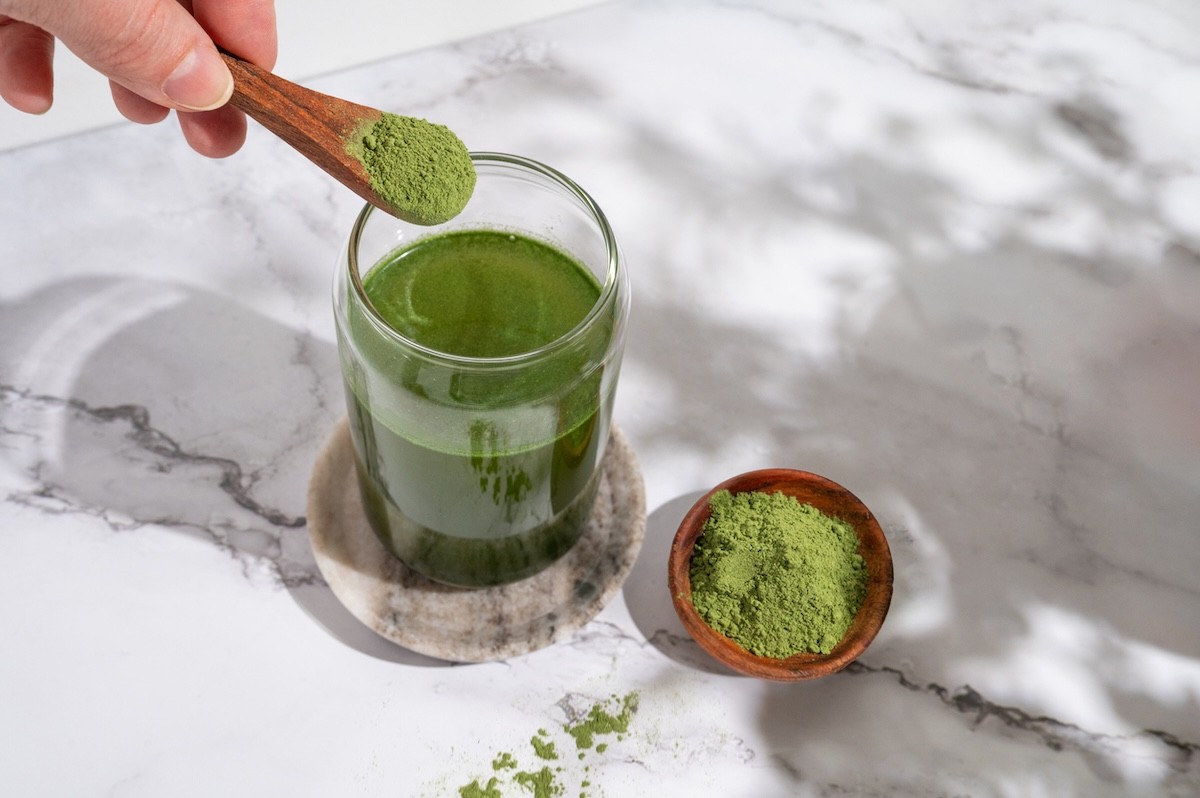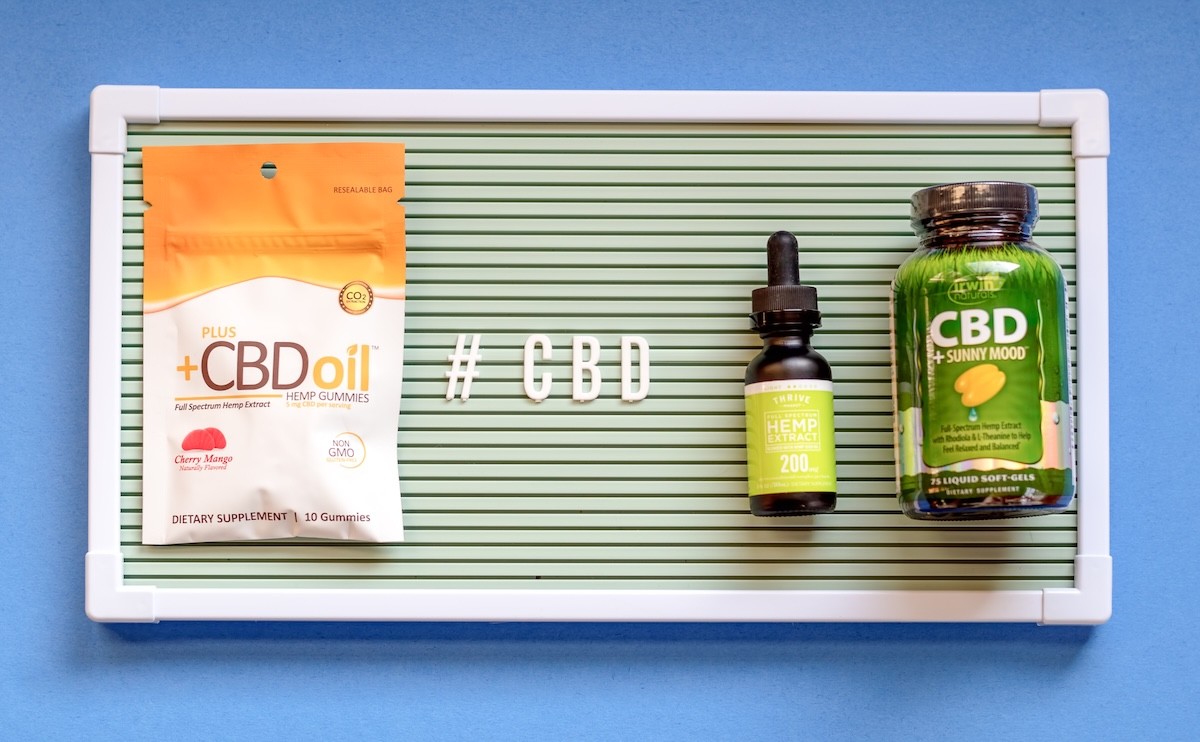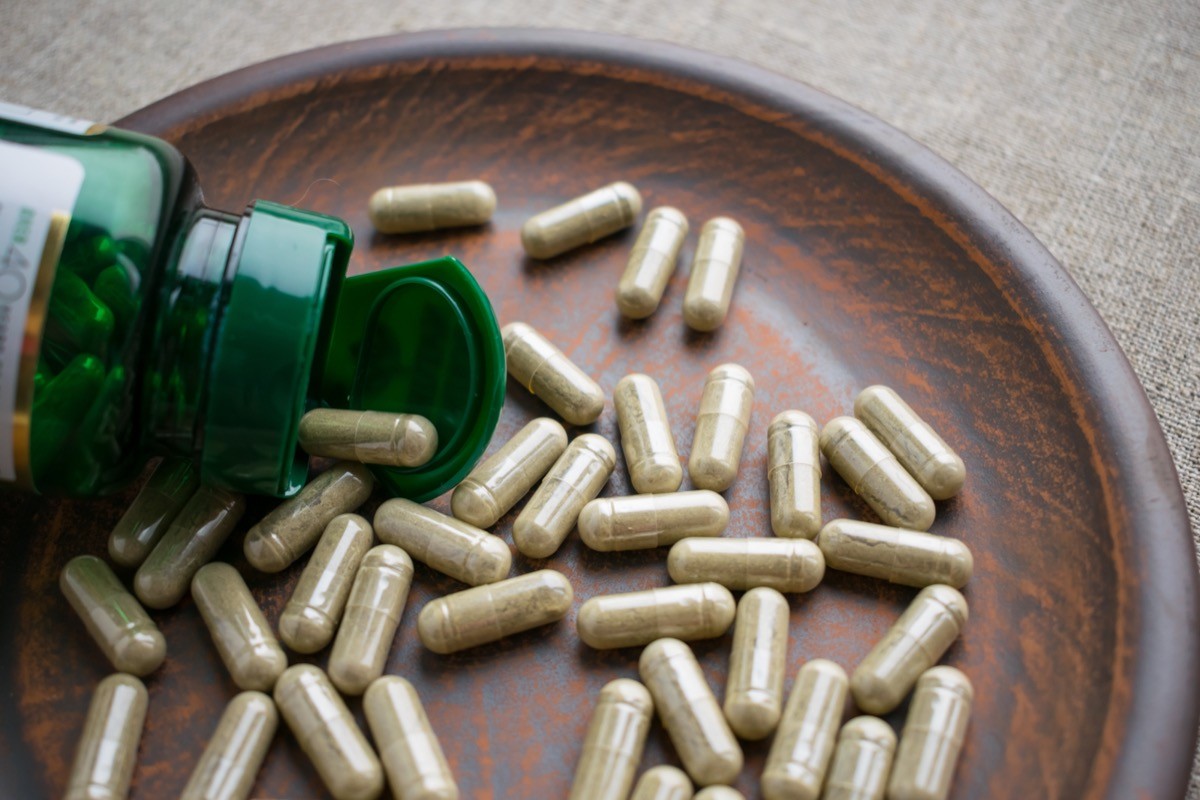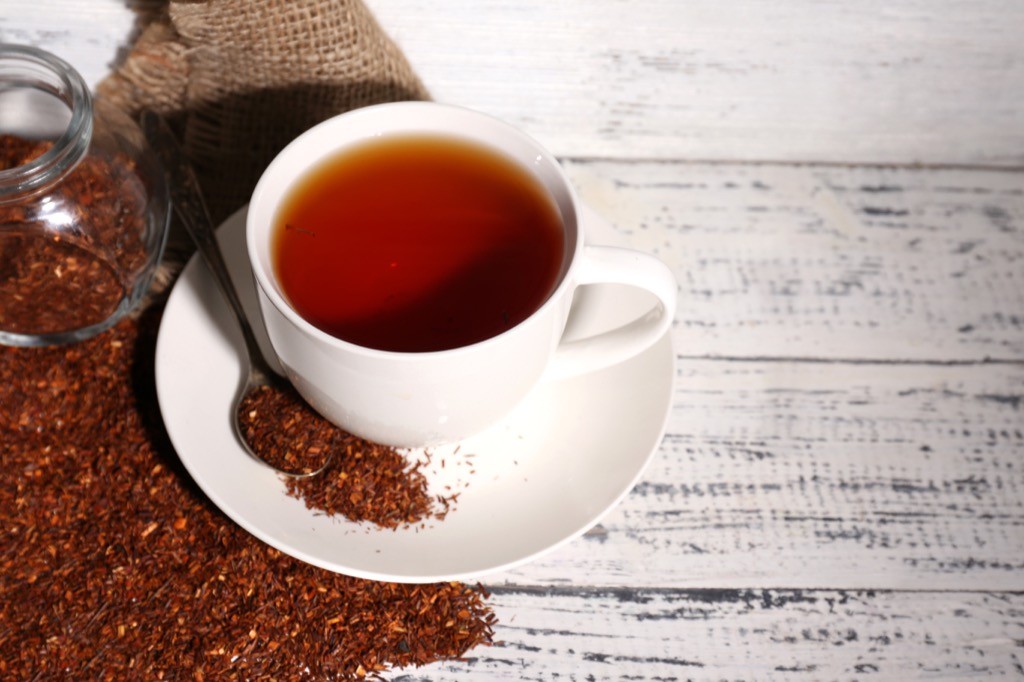The 7 Most Overrated Supplements, According to Doctors
Wondering which supplements to take? Begin with a healthy dose of skepticism.

Supplements may sound like miracle fixes for everything that ails you, but there’s good reason to exercise caution before stocking up at the pharmacy. Many supplement companies use flashy language, celebrity endorsements, and vague promises to sell products that often haven’t been thoroughly tested for safety or effectiveness. And, unlike prescription medications, supplements aren’t tightly regulated, so what’s on the label isn’t always what you’re actually getting.
While it doesn’t mean that all supplements are useless or harmful, it does mean that it’s wise to dig deeper, ask questions, and talk to a healthcare provider before jumping on board with the latest wellness trend. In fact, your best bet for nailing just the right regimen is to talk to your doctor about screening for deficiencies before deciding what to take.
In the meantime, doctors say it may be best to rule out the following overrated supplements that are simply unworthy of their hype.
RELATED: 12 Supplements You Should Never Take Together, Medical Experts Say.
1
Powdered greens

Powdered greens are often marketed as a substitute for vegetables, offering a range of essential vitamins and minerals. However, experts say they fall short of their claims, lacking the fiber and phytochemicals found in whole foods.
“There is limited evidence for the benefit of powdered greens,” says Evans Sirois, DO, an internist and co-founder of N-2 Water. He adds that the few studies touting their impact were small and showed limited benefit.
“You are better off spending that money on real fruits and vegetables,” he tells Best Life.
2
Fat burners

The fat burner supplement industry is worth an estimated $28 billion, but experts say you’re better off keeping your money in your wallet. Not only do these products fail to address the underlying lifestyle changes that are required for sustainable weight loss, but they’re also poorly regulated by the FDA, making them a risky choice.
“These are popular for weight loss, but most are ineffective or potentially harmful,” warns Sirois. “These products tend to rely more on marketing and less on research. Minor metabolism changes are negligible for fat loss.”
RELATED: 6 Popular Supplements Can Damage Your Liver, New Research Shows.
3
Multivitamins

Multivitamins may seem to address all your nutritional needs at once, but studies have shown that they offer few health benefits and may even cause harm if taken at high doses.
“These are seen as a catch-all for health, but most studies show they don’t prevent chronic diseases or extend lifespan in healthy people,” says Raj Dasgupta, MD, a quadruple board-certified physician and chief medical advisor for Garage Gym Reviews. “A balanced diet generally provides all the nutrients you need. In some cases, excess supplementation can even pose risks—for instance, if you take a multivitamin containing too much vitamin A or iron.”
4
CBD

Cannabidiol (CBD) is an active compound derived from the marijuana plant, and you’ll find it in all sorts of supplements claiming health benefits. Depending on your intended use of the product, it may be beneficial or a complete waste of cash.
“There is evidence that CBD is quite helpful for some conditions, but certainly not all the conditions it is being promoted for,” says Harvard Health Publishing. For instance, their experts say that there is “moderate evidence” to support the use of CBD to improve “sleep disorders, fibromyalgia pain, muscle spasticity related to multiple sclerosis, and anxiety.”
However, those looking for a broader health boost will likely be disappointed. “CBD has had a huge surge in popularity in the last few years with many health claims being made,” says Sorois. “The evidence behind most of these claims is lacking, especially for general health maintenance.”
RELATED: 3 Supplements I Would Never Take as a Pharmacist: “I Think You’re Going to Be Surprised.”
5
Biotin

Biotin has become an increasingly popular way to grow and strengthen your hair and nails.
However, biotin is only truly effective for people with a deficiency, which is rare, says Dasgupta. He notes that even high doses haven’t been shown to improve hair or nail strength in people with normal biotin levels.
And, there’s one way that taking biotin can actually interfere with your health: “Excess biotin can interfere with certain lab tests, including thyroid, leading to inaccurate diagnoses and treatment decisions,” he warns.
6
Detox teas and cleanses

There’s plenty of pseudoscientific marketing to suggest that by “detoxing” your gut or “cleansing” your system, you can improve your health in various ways. However, Dasgupta urges skepticism when these terms are thrown around, since they signal disingenuous marketing.
“These are often marketed for weight loss and toxin removal, but your liver and kidneys handle detoxification naturally,” he tells Best Life. “Most ‘results’ come from temporary water loss or laxative effects, which don’t equate to meaningful health gains. Long-term use can disrupt gut health and lead to dehydration.”
RELATED: Doctor Says You Might Be Taking the “Wrong” Magnesium—Here’s How to Know.
7
Branched-chain amino acids (BCAAs)

Branched-Chain Amino Acids (BCAAs) are believed to support muscle growth and recovery, and many athletes use them to enhance physical performance. However, Dasgupta says that BCAAs don’t outperform whole protein sources like whey, meat, poultry, fish, eggs, and dairy.
“If you’re getting enough dietary protein, adding BCAAs offers minimal additional benefit. Their popularity is largely driven by marketing rather than solid science,” he says.





















